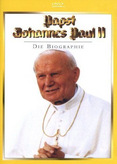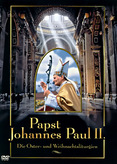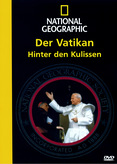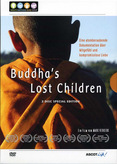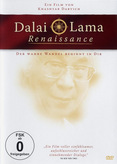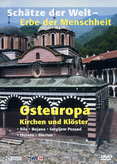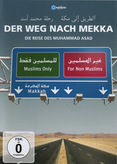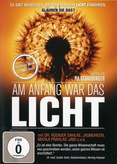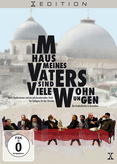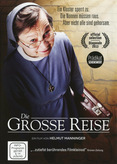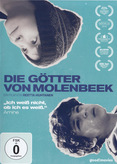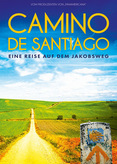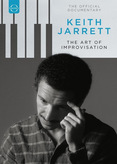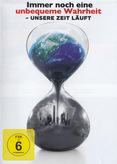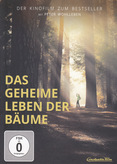Vier Nonnen, ein Pater, dreißig Schafe und ein Kloster. Scheinbar fernab der Zivilisation am Rande der Schwäbischen Alb wird bei den 'Benediktinerinnen unserer lieben Frau' in Habsthal streng auf die Regeln des Hl. Benedikt, mit ihrer Jahrhunderte alten Tradition, geachtet. Andererseits wird aber auch ganz diesseitig in der Postmoderne gelebt und gearbeitet. Ora et labora heißt die alles bestimmende Maxime und die sich daran anschließende Frage: Wie können der gottesfürchtige Glaube und das weltoffene Klosterleben eine Symbiose eingehen?
Der Max-Ophüls Preisträger und erfolgreiche Buchautor Sobo Swobodnik, der selbst auf der schwäbischen Alb geboren wurde, widmet seinen achten Langfilm nun einem Ort des Glaubens, der ihn seit seiner Liebeserklärung an seine Heimat, der Buchreportage 'Dem Himmel so nah' nicht mehr losgelassen hat. Er folgt seiner anhaltenden Faszination für das kontemplative Leben in dem 750 Jahre alten Kloster Habsthal, nahe der schwäbischen Alb. Was bewegte die vier dort lebenden und arbeitenden Nonnen und einem Pater zu ihrem radikalen Schritt und wie gestaltet sich heutzutage ein Leben, das Gott und dem Glauben gewidmet ist? Zwischen Stille und alltäglicher Geschäftigkeit, zwischen religiöser Einkehr und der Hilfsbereitschaft und Weltoffenheit des Zufluchtsorts Kloster entsteht das lebendige Portrait einer Lebensform, deren Zukunft ungewiss ist.
Weiterlesen »
Four nuns, a priest, thirty sheep and a monastery. Seemingly far away from civilization on the edge of the Swabian Alb, the 'Benedictine Sisters of Our Lady' in Habsthal strictly observe the rules of St. Benedict, with their centuries-old tradition. On the other hand, however, postmodernism is also lived and worked in a very worldly way. Ora et labora is the all-determining maxim and the subsequent question: How can God-fearing faith and cosmopolitan monastic life enter into a symbiosis?
The Max Ophüls Prize winner and successful author Sobo Swobodnik, who was himself born in the Swabian Alb, now dedicates his eighth feature film to a place of faith that has not let him go since his declaration of love for his homeland, the book reportage 'Dem Himmel so no'. He follows his enduring fascination for the contemplative life in the 750-year-old Habsthal Monastery, near the Swabian Alb. What moved the four nuns living and working there and a priest to take their radical step and what is a life dedicated to God and faith like today? Between silence and everyday activity, between religious contemplation and the helpfulness and cosmopolitanism of the monastery as a place of refuge, the living portrait of a way of life emerges whose future is uncertain.
More »






